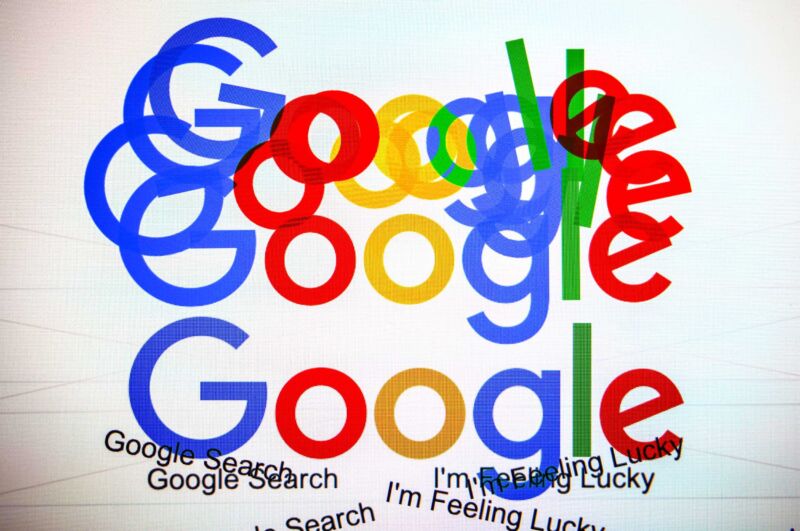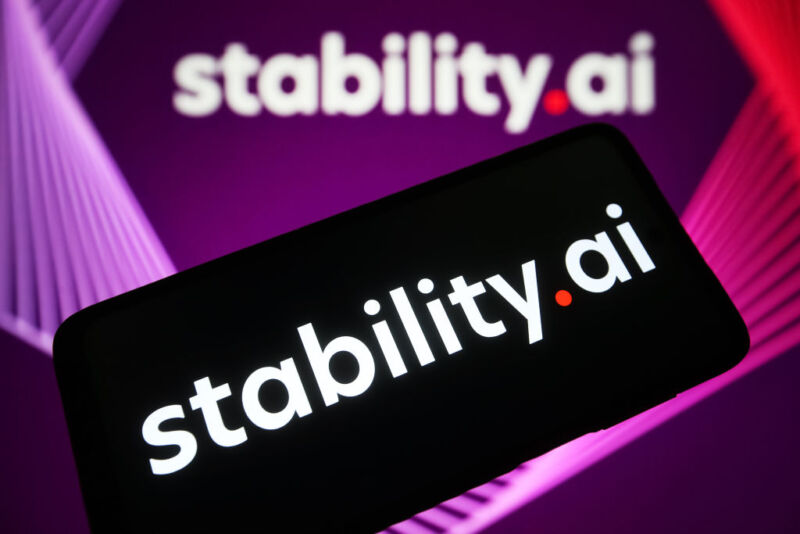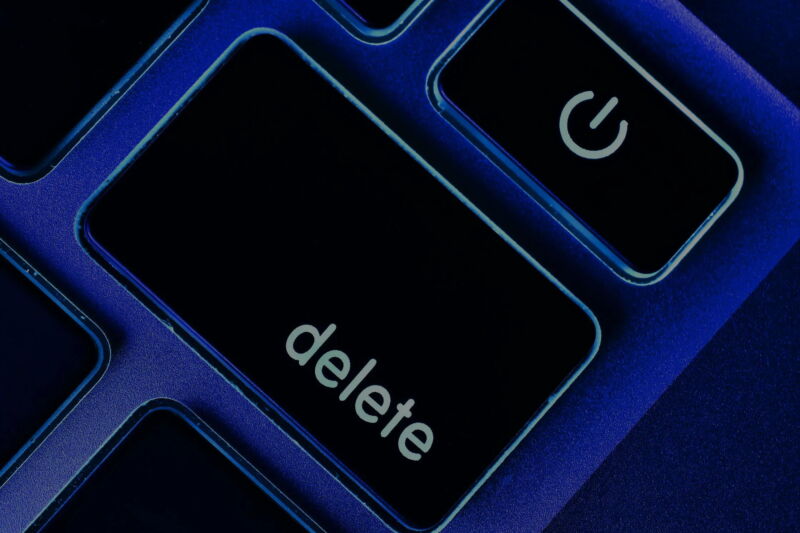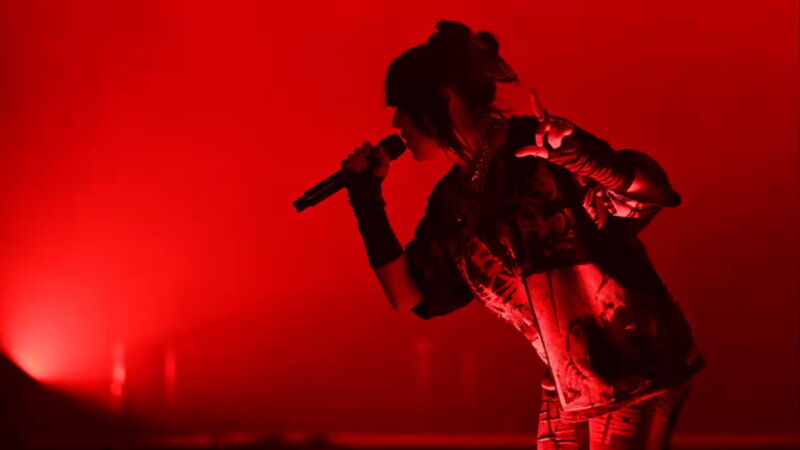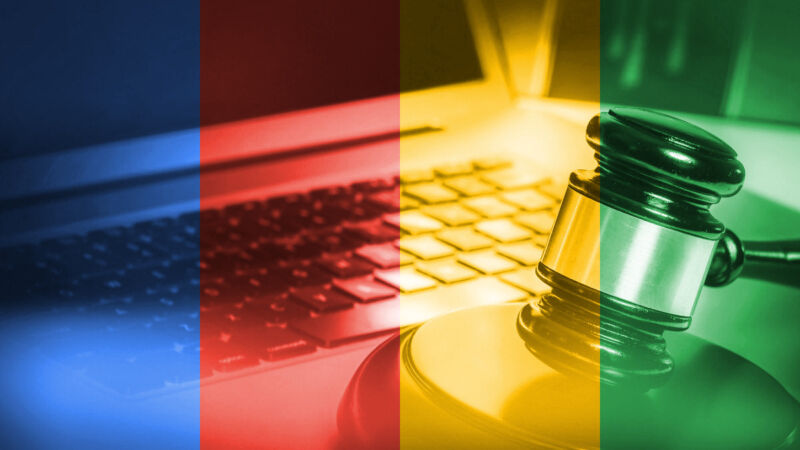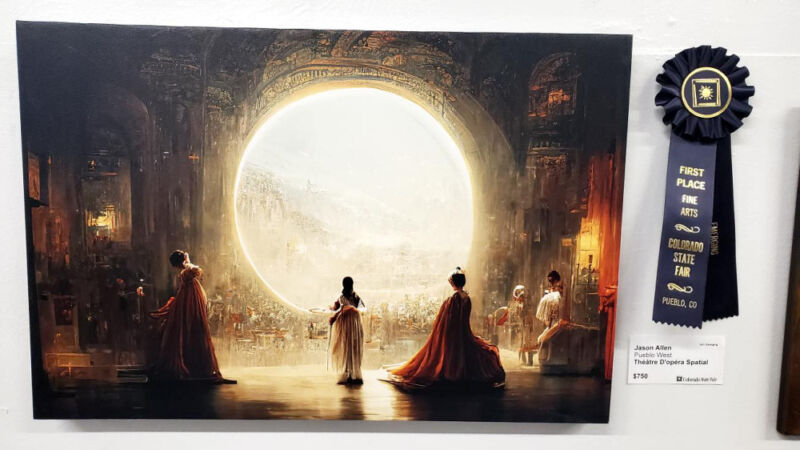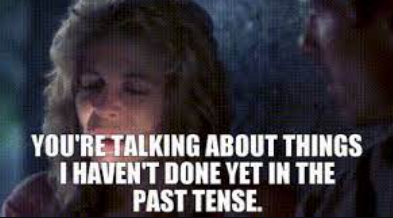 “You’re talking about things I haven’t done yet, in the past tense. It’s driving me crazy. Are you sure you have the right person?”
“You’re talking about things I haven’t done yet, in the past tense. It’s driving me crazy. Are you sure you have the right person?”
Sarah Connor’s bewilderment in the 1984 masterpiece The Terminator is convincing. Important actions she was yet to take had already led to events happening in the future; the Terminator’s job was travel back from the future and stop her doing the stuff she hadn’t even done yet.
Determining the Future
Time travel never makes sense in movies and the text of the DMCA makes no attempt to address any takedown grievances a T-1000 may have experienced in 2029. It states that if a copyright holder sees their work being infringed online, they can send a notice that identifies the location of the content along with a request for its removal.
This would not have confused Sarah Connor. The alleged infringement happened and as per the DMCA, the content that can be seen in the present can be removed, so it’s not seen in the future. No time-traveling conundrums, just past, present and future, in one direction.
Proactive Help For Rightsholders
For some time, rightsholders have been submitting DMCA notices to Google that request the removal of URLs in Google’s search indexes that do not yet exist in Google’s search indexes. By default, these ‘DMCA’ notices are invalid; no infringement means there’s a) no content to locate and b) nothing to take down.
The caveat here is that Google is simply going the extra mile to help rightsholders. One example is the tendency of pirate site URLs to follow a formula; it’s possible to predict an infringing URL in advance, and when Google crawls it, it’s immediately flagged and never appears in search results. There are other examples, but it’s the intent that’s important.
Google recently
revealed
that it preemptively blocks hundreds of millions of URLs before they appear in its indexes. This isn’t required under law so referring to them as DMCA takedown notices is immediately problematic.
Crimes of the Future
Google’s
web takedown form
states that it’s company policy to “respond to legally valid copyright removal requests.” In addition, however, it also accepts notices that aren’t legally valid, at least under the DMCA.
“Search accepts notices for web pages that are not even in our index at the time of submission. Nevertheless, we will proactively block such web pages from appearing in our Search results and will apply these notices to our demotion signal,” the page reads.
Given that no infringement has taken place, what happens when people start making predictions about future infringements that never happen, or they decide to start sending bogus notices to ensure that sites are punished by preemptive blocking?
Future Blocking Warning
In a
post
to the /r/google community on Reddit yesterday, a user reported that they had received “many DMCA notices from Google regarding a pornography actor.”
The notification from Google, which clearly references the DMCA, notes that some of the reported URLs in the complaint may not actually be in its search results.
“Although some of these URLs may not be available in our search results now, we are retaining these notices and will act on them if at some point in the future we do crawl these pages for inclusion in search results,” the notice reads.
Problem #1: The Allegations Are Bogus
The DMCA notice posted by the Reddit user is listed on the Lumen Database (
link
). It claims to protect the rights of an
OnlyFans/Instagram
user but actually targets a
policy page
on the Reddit users’ site, a
mobile phone store
,
another mobile phone store
, and a
meme page
.
Only one URL hits an appropriate target, unless
beach footwear
qualifies.
The sender is identified as ‘Venus Group’ and according to Lumen Database records, it represents a long list of similar OnlyFans/influencer-type people.
In another notice listed on Lumen (
link
), a page on the Reddit user’s website
selling smartphones
is a target, along with a site selling a
dog-feeding device
, and a site selling a
specialist alcoholic drink
.
Whether the company received a similar warning about future piracy is unclear, but the same DMCA complaint also requests the removal of a Sony Pictures Publicity
administration portal
.
Problem #2: Doing Nothing Isn’t An Option
As Google’s notification explains, if URLs aren’t in its indexes now, as soon as it sees them there’s a reasonable chance they will never appear in its search results and the notices will form part of a demotion signal. So what are the options for those wrongfully targeted?
The suggestion from Google is to file a DMCA counter notice; Sarah is confused again.
On the basis that a DMCA notice may only reference an infringement that has actually happened and must state the current location of the infringing content, any notice that fails to do so is invalid.
Regardless of whether Google accepts infringement notices to enable it to respond proactively, how can a DMCA counternotice attempt to revoke an invalid DMCA notice that references allegedly infringing content that simply doesn’t exist in Google’s search results, but may appear sometime in the future?
This is one of the inevitable problems of letting people predict the future and mess around with the normal flowing of time. The logical progression from here is for people to get their DMCA counter notices in first, to counteract the bogus notices that haven’t been sent, referencing content that doesn’t exist.
If the past can change, then so can the future.
From:
TF
, for the latest news on copyright battles, piracy and more.
 chevron_right
chevron_right


